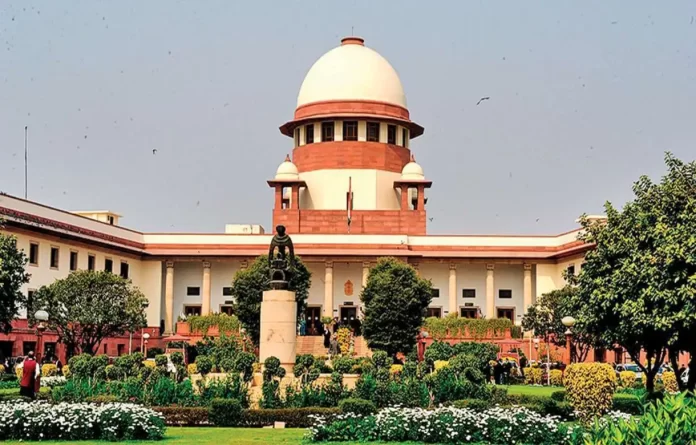The Supreme Court recently held that the department must mandatorily adhere to the time limit for processing and issuing the refunds under Section 38 of the Delhi Value Added Tax Act, 2004.
The bench of Justice PS Narasimha and Justice PB Varale remarked that the language of Section 38(3) is mandatory and the department must adhere to the timeline stipulated therein to fulfill the object of the provision, which is to ensure that refunds are processed and issued in a timely manner.
While affirming the decision of the Delhi High Court, the top court dismissed the contentions of the department represented by Additional Solicitor General N Venkataraman who contended that the purpose of the timeline provided under sub-section (3) of Section 38 is only for calculation of interest under Section 42.
The judgment authored by Justice PS Narasimha said that such an interpretation by ASG would effectively enable the department to retain refundable amounts for long durations for the purpose of adjusting them on a future date. He added that this would go against the object and purpose of the provision. Hence, the contention is rejected.
The respondent also claimed excess duty from the department in light of Section 38 of the Act, however, the department hasn’t refunded the excess duty amount to the assessee. Following this, the assesse moved the High Court.
The Delhi High Court passed an adjustment order in light of Section 38 (3) of the Act directing the department to refund the excess duty of Rs. 17,10,15,285/- and Rs. 5,44,39,148/- for different quarters to the respondent/assessee.
The Delhi High Court placed reliance on another judgment of Flipkart India Private Limited v. Value Added Tax Officer, Ward 300, where it was held that the department must scrupulously adhere to the time limit for processing and issuing the refunds under Section 38. The High Court observed that the department does not have any legal right or justification to retain the amount beyond the time limit prescribed under Section 38.
Finding no infirmity in the High Court’s decision, the apex court held that the department wasn’t justified in not refunding the excess duty to the respondent/assessee. The court stated that the appellant-department is therefore not justified in retaining the refund amount beyond the stipulated period and then adjusting the refund amount against the amounts due under default notices that were issued subsequent to the refund period.
Subsequently, the appeal preferred by the department was dismissed, directing the department to refund the amounts along with interest as provided under Section 42 of the Act.


